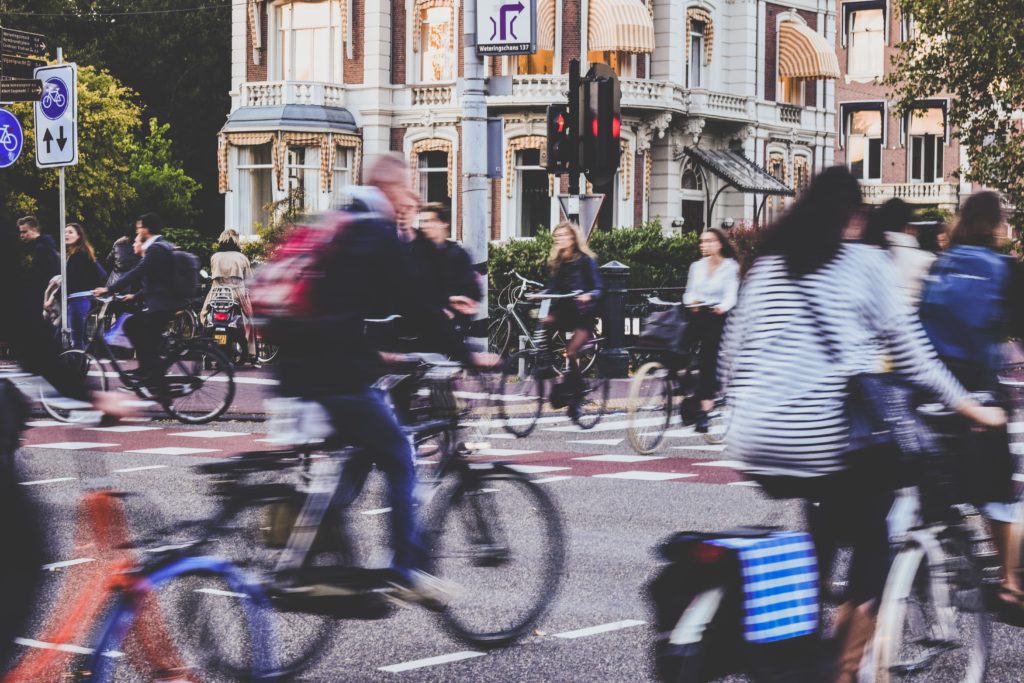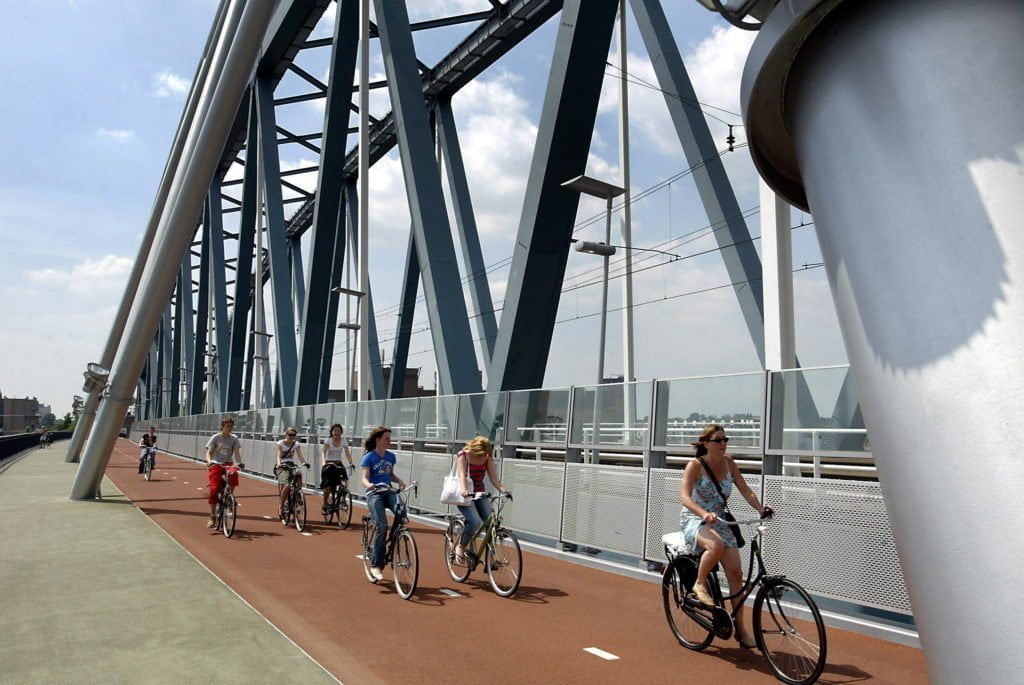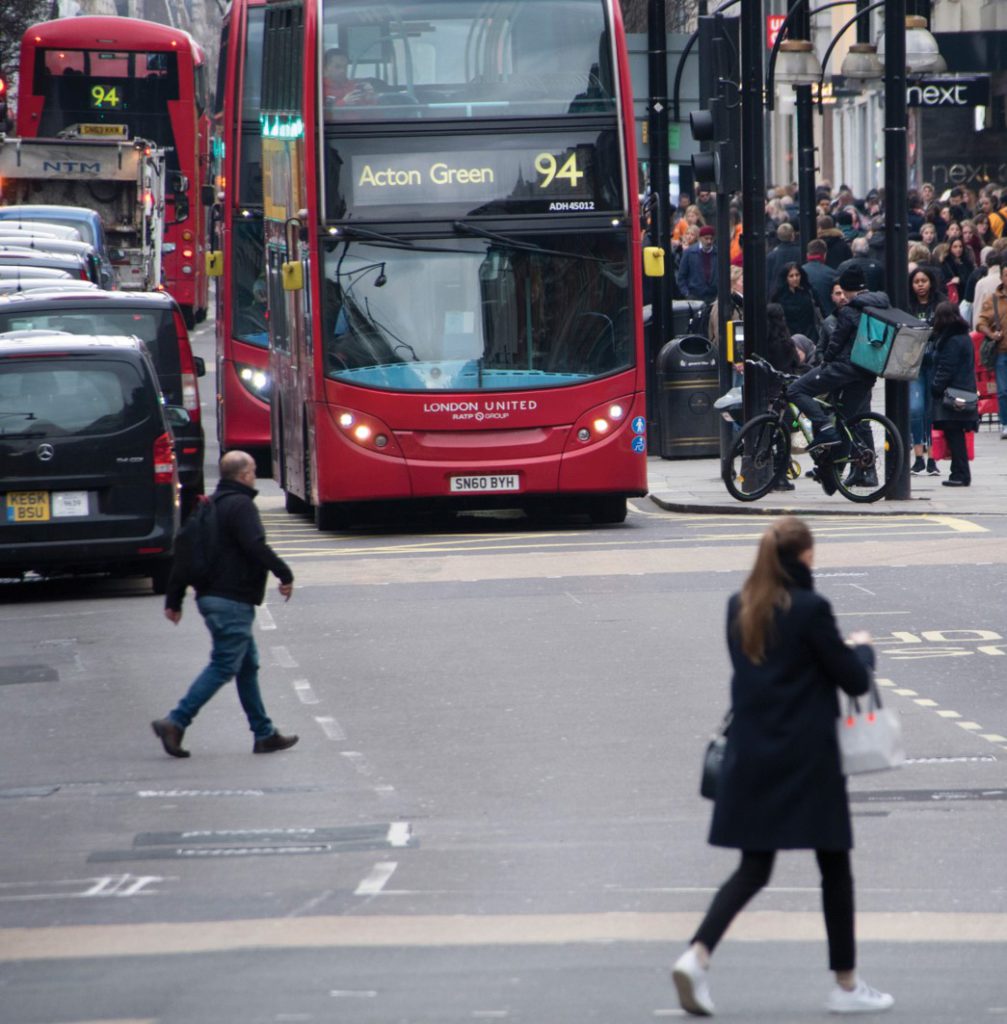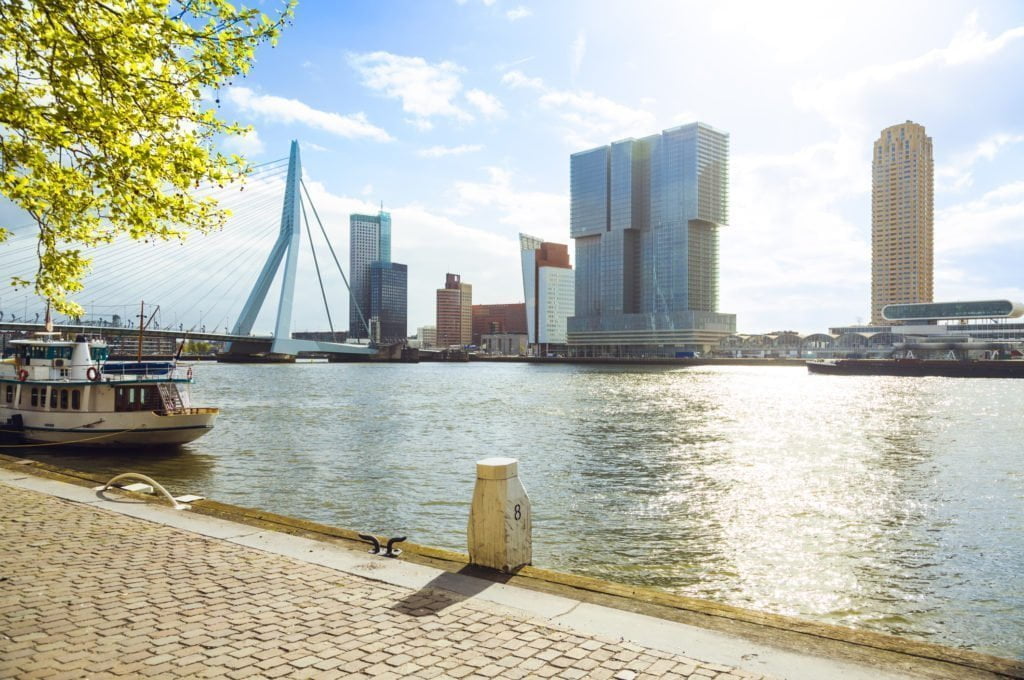When London boroughs get inspired by Dutch cities
The London European Partnership for Transport (LEPT) is a public body which coordinates, disseminates and helps promote the sustainable transport and mobility agenda for London and London boroughs in Europe. LEPT works with the 33 London boroughs and Transport for London (TfL) to build upon European knowledge and best practice.
In the context of a wider strategy to deliver cleaner air and reduce the impact of road transport on Londoners’ health, one of London Councils’ pledges to Londoners is the upscaling of infrastructures dedicated to electric vehicles (EVs), to facilitate their uptake. As part of its mission to support boroughs in delivering this pledge and the Mayor’s Transport Strategy, LEPT organised a study tour in May 2019 to allow borough officers to travel to the Netherlands to understand the factors that led the country’s cities to be among the world leaders in providing EV infrastructure.
Representatives from seven boroughs and one sub-regional partnership joined the tour in the Netherlands, accompanied by two officers from LEPT and one representative of the London Councils Transport Policy team. Two representatives of the Polis secretariat joined the tour as well.
Why Dutch cities?
As densely populated areas, the Netherlands and London share similarities in terms of limited road space, lack of off-street parking for residents and the need to conserve historic areas with limited scope for invasive infrastructure. Similarly, they both have national strategies with a strong emphasis on urban areas.
Although the EV market in the Netherlands is more mature than the British one, there are now more than 12,000 EVs registered in London, over ten times as many as in 2012, so it is rapidly increasing. During the two-day study tour borough officers visited three Dutch cities examining the approach in each to facilitating EV uptake: Amsterdam, Arnhem and Rotterdam.
Among the topics discussed and the innovations presented, the Dutch cities covered e.g. the implementation of smart charging solution, the use of clean power for electric mobility or the adaptation of electric mobility to a wide range of modes, including taxis, boats, urban delivery vehicles or buses.
More information
- Download the report
Don't hesitate to contact Polis if you would like to get in contact with fellow Polis members and organise a study tour on any urban mobility topic!



